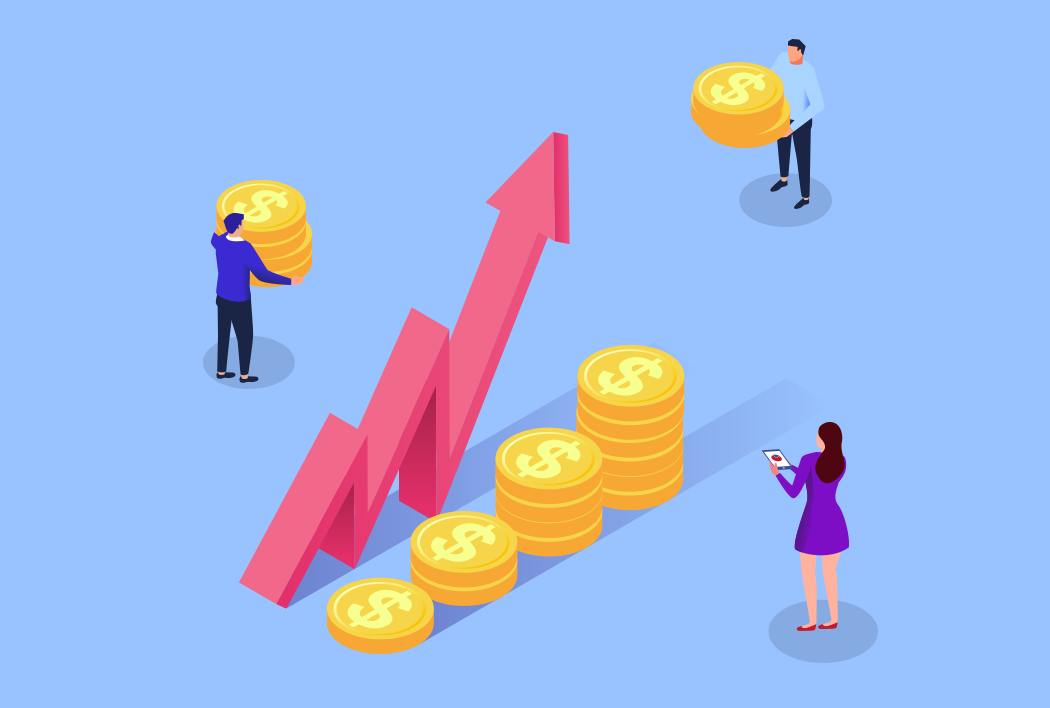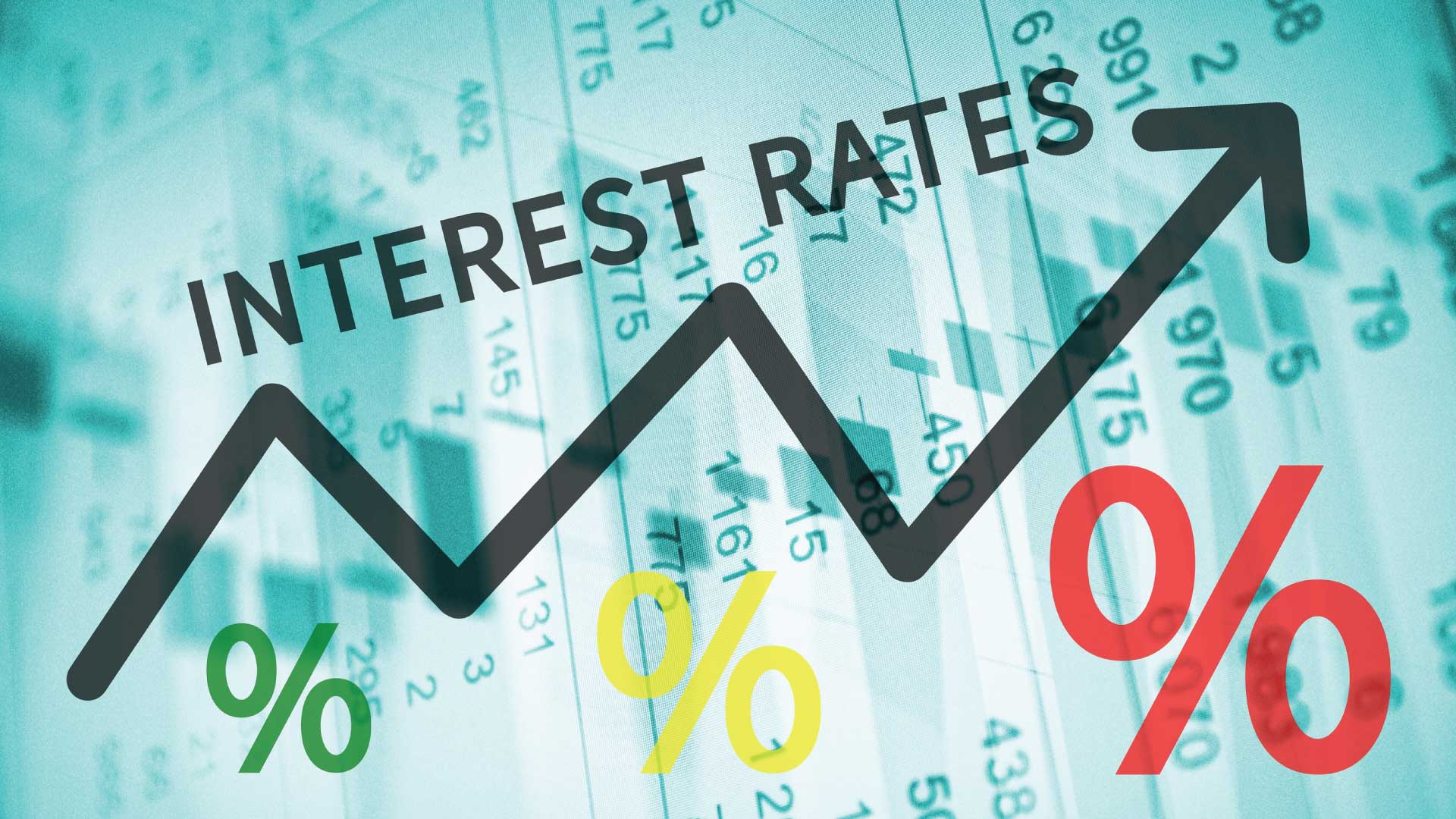Inflation in Turkey in 2023
The very high inflation that hits Turkey leads to an increase in indebtedness. Some Turks are forced to take on debts that they can no longer repay.
Ali Golpinar no longer knows where to put the dozens of letters sent every day to his constituents and which end up, when not delivered, in his office as “muhtar”, district mayor in the suburbs of Ankara, the Turkish capital. Notifications of unpaid bills, formal notices or summonses to court: the number of these letters, a large part of which concerns debt collection, has doubled in two years to reach around forty a day in this modest district of nearly 25,000 inhabitants .
“These are only undelivered letters. Imagine the total number. People can no longer pay their debts,” says the muhtar. According to the Turkish press, 24 million recovery files were waiting in August before the courts of the country. The amount of unpaid loans by individuals increased from 17 to 29 billion Turkish liras (1.55 billion dollars) between March and September, according to the Turkish Banking Regulatory Agency.
The rise in indebtedness is one of the consequences of the very high inflation that is hitting Turkey, at more than 84% over one year. More than 40% of working people have to make do with the minimum wage, which will be raised from 300 to 450 dollars on January 1. But with the rise in rents (+163% over one year in Ankara, +144% in Istanbul), housing expenses will continue to swallow up almost all low wages, underlines Hacer Foggo, in charge of the fight against poverty to the CHP, the main Turkish opposition party.
In this context, an old practice has become popular again: shopping on credit in neighborhood businesses. “Asking for a bank loan is risky. But the local grocer knows you, he will not refuse you”, analyzes Ali Golpinar. Based on trust, with no document signing or interest rates, these purchases on credit are the last option for some over-indebted families. “More and more customers are asking to pay on credit,” confirms Yuksel Kurt, a grocer in the Keçioren district, in the northern suburbs of Ankara.
“I have to refuse some because I know I will never be reimbursed. If a debt is not paid after six months, we know that we must forget it”, he says, showing the torn pages from his notebook where he notes the debts. Bread, biscuits, oil… purchases on credit often concern basic necessities, but add to already long lists of debts. “Many repay their debts by borrowing elsewhere,” says Yuksel Kurt. Embarrassed, a young woman who came in to buy cigarettes on credit refuses to speak.
In the neighboring bakery, Cemal Aygun reminds us that shopkeepers are themselves often in debt. “I owe 10,000 Turkish liras ($535) to my flour supplier (…) Every month, I ask friends to help me,” he says. Until 2021, the Turkish government encouraged this debt spiral, says economist Erinç Yeldan. “Access to bank loans has been facilitated (…) to promote virtual growth,” he explains.
Inflation in Turkey : Insufficient aid
Consequence of the inflation in Turkey : individuals without stable employment or insufficient income have obtained loans that they now fail to repay, says Hacer Foggo. “They face dilemmas: pay their rent, take their child to the doctor or repay their loan,” she laments. In town halls run by the Turkish opposition, such as Istanbul and Ankara, a website allows you to pay the water and gas bills of the most needy. But no organization is specifically responsible for over-indebtedness.
“There are specific actions, reduced to acts of charity, without this being institutionalized”, regrets Erinç Yeldan. Government aid for the poorest exists but is insufficient, judge Hacer Foggo. With the approach of the presidential and legislative elections of June 2023, the government is however multiplying the initiatives. President Recep Tayyip Erdogan thus announced at the beginning of November the cancellation of debts of less than 2000 Turkish liras (105 dollars), provided that the creditor gives his agreement.



Comments are closed